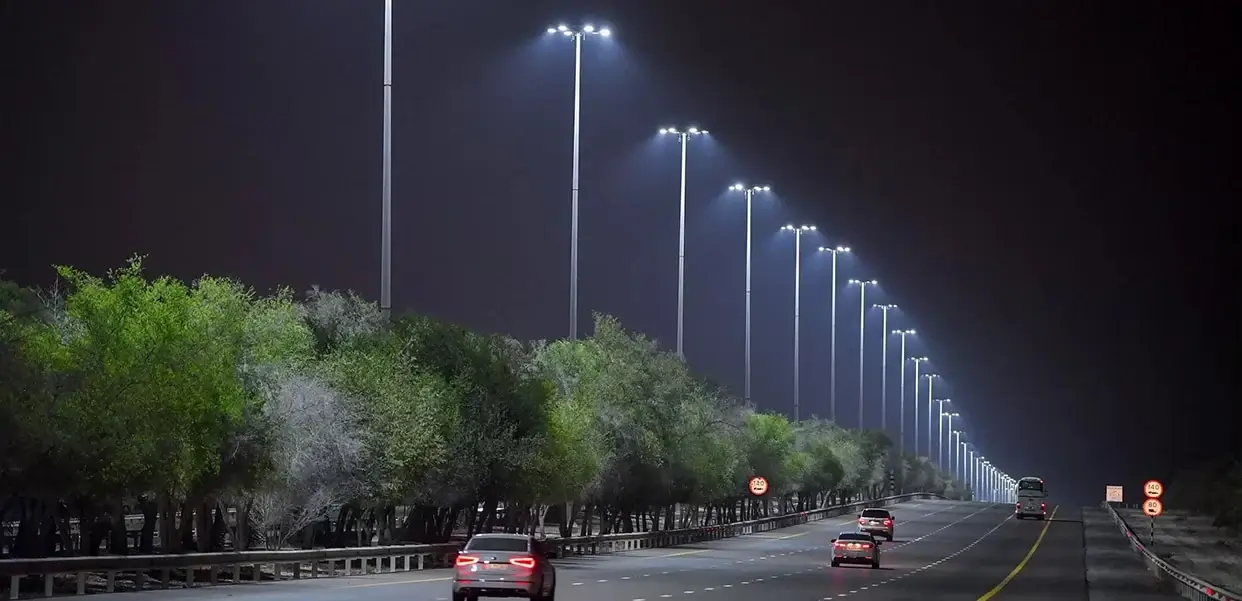Welcome to our comprehensive guide on Street Light Control ! In this article, we’ll explore everything you need to know about efficiently managing street lighting systems. From the importance of street light control to different control methods and their benefits, we’ve got you covered. Let’s dive in!
Why Street Light Control Matters
Street light control is an essential aspect of urban infrastructure management. Proper control not only ensures energy efficiency but also enhances safety and security in our cities and neighborhoods. Efficient street light control systems help reduce energy consumption, minimize light pollution, and lower maintenance costs.
Importance of Energy-Efficient Street Lighting
Efficient street lighting plays a crucial role in energy conservation efforts. By implementing smart control systems, cities can significantly reduce energy wastage and contribute to sustainability goals.
Enhancing Safety and Security
Well-lit streets contribute to a safer environment for pedestrians, cyclists, and motorists alike. Street light control systems ensure that the right amount of light is provided at the right time, improving visibility and reducing the risk of accidents and crime.
Types of Street Light Control Systems
There are several methods for controlling street lights, each with its own set of advantages and applications.
Traditional Timer-Based Systems
Timer-based systems are one of the most common methods used for street light control. These systems operate on pre-defined schedules, turning the lights on and off at specific times.
Photocell-Controlled Systems
Photocell-controlled systems, also known as dusk-to-dawn lighting, use light sensors to automatically switch street lights on at dusk and off at dawn. This ensures that lights are only activated when needed, saving energy and reducing operating costs.
Motion Sensor Systems
Motion sensor systems detect movement and activate street lights accordingly. These systems are highly efficient as they only illuminate areas when activity is detected, reducing energy consumption and light pollution.
Advantages of Street Light Control Systems
Street light control systems offer numerous benefits for both municipalities and residents.
Energy Savings
By implementing smart control systems, cities can achieve significant energy savings, leading to lower utility bills and reduced environmental impact.
Reduced Light Pollution
Properly controlled street lighting helps minimize light pollution, preserving the natural environment and reducing energy wastage.
Lower Maintenance Costs
Smart street light control systems can detect faults and failures in real-time, allowing for proactive maintenance and reducing repair costs.
Street Light Control: FAQs
Q: How does street light control help reduce energy consumption?
A: Street light control systems ensure that lights are only active when needed, reducing unnecessary energy consumption during off-peak hours.
Q: What are the different methods of street light control?
A: Street lights can be controlled using timer-based systems, photocells, motion sensors, or a combination of these methods.
Q: Can street light control systems help reduce light pollution?
A: Yes, by controlling when and where street lights are active, these systems help minimize light pollution and preserve the night sky.
Q: Are smart street light control systems expensive to install?
A: While there is an initial investment involved, the long-term cost savings and energy efficiency benefits outweigh the upfront costs.
Q: How do motion sensor street light control systems work?
A: Motion sensor systems detect movement and activate street lights accordingly, ensuring that lights are only on when needed.
Q: What are the environmental benefits of street light control?
A: Street light control systems help reduce energy consumption, lower carbon emissions, and minimize light pollution, contributing to a cleaner and more sustainable environment.
Conclusion
Efficient street light control is essential for creating safer, more sustainable cities. By implementing smart control systems, municipalities can reduce energy consumption, enhance safety and security, and minimize light pollution. Investing in street light control is not only good for the environment but also for the well-being of residents and communities.
